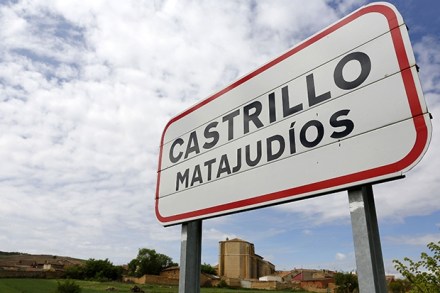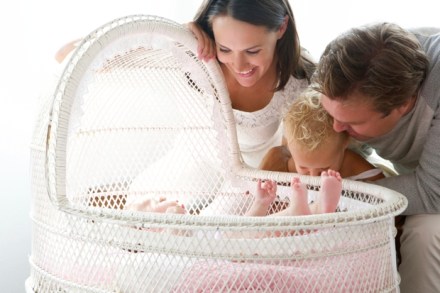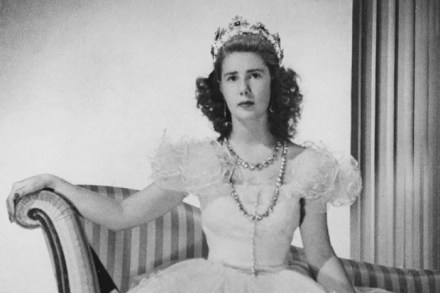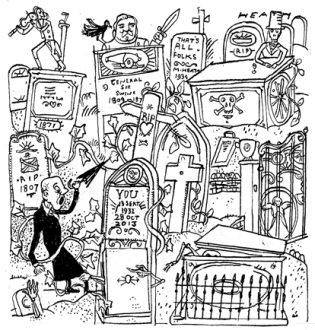Names | 27 August 2015
We reached peak Charlie in 2012, when 5,571 baby boys were given the name. There were only 4,642 last year. Perhaps the Paris massacre early this year will leave more infants than ever lisping ‘Je suis Charlie’ when they learn to talk. Names go in waves. In the Office for National Statistics list of last year’s names in England and Wales, diminutives are noticeably popular. Charlie, not Charles, is at No. 5 for boys, with Harry, not Henry, at No. 3 and Jack, not John, at No. 2. The tendency is less pronounced among girls, with the tenth most popular name being Sophie, though Lily (ninth) and Poppy (fifth) sound like diminutives. Of







